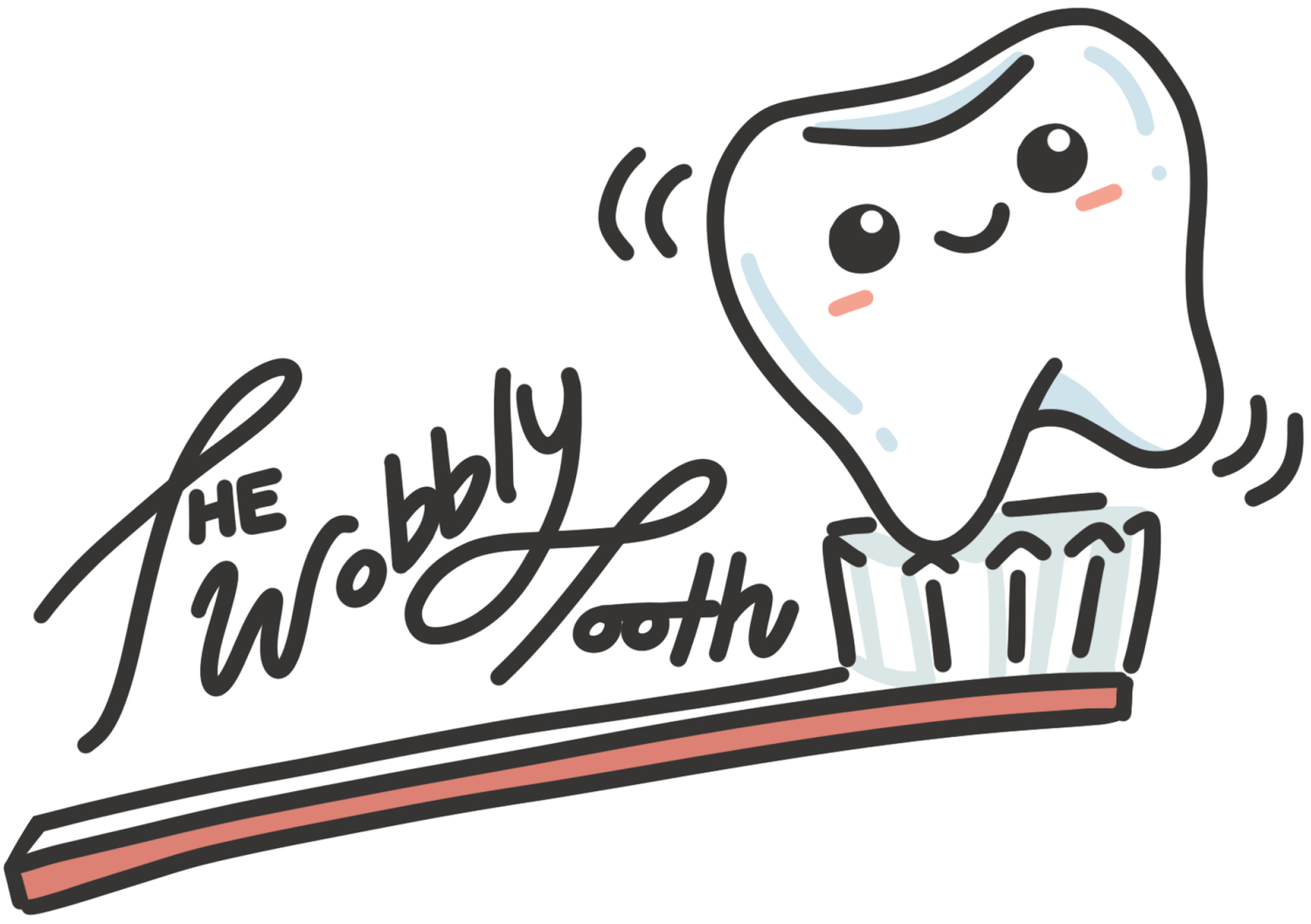What are All-On-4 or full mouth dental implant restorations?
When it comes to replacing missing teeth, there are several options available, including full mouth implant all on 4 reconstruction and regular dentures. Both options have their own unique set of benefits and drawbacks, and it's important to understand the differences between them in order to make an informed decision.
Full mouth implant all on 4 reconstruction, also known as all on 4 dental implants, is a permanent solution for missing teeth that involves the placement of four dental implants in the jawbone to support a full arch of artificial teeth. The all on 4 technique is designed for patients who have lost all or most of their teeth in one or both arches and it's also a good option for patients who have a limited amount of jawbone. The all on 4 technique allows for the use of just four dental implants to support an entire arch of artificial teeth, rather than one implant for each missing tooth.
Regular dentures, on the other hand, are removable prosthetic devices that are designed to replace missing teeth. They are typically made of acrylic or a combination of acrylic and metal. Dentures are held in place by natural suction or with the use of denture adhesive. They can also be supported by dental implants, also called implant-supported dentures.
One of the main differences between full mouth implant all on 4 reconstruction and regular dentures is the level of permanence. All on 4 dental implants are a permanent solution, while regular dentures are removable. Once the all on 4 implants are placed, they will become a permanent part of the patient's jaw and will not need to be removed. Dentures, however, will need to be removed for cleaning and at night time.
Another difference is the stability and function. All on 4 dental implants provide a more stable and secure fit compared to regular dentures. They also allow for a more natural biting and chewing function, making it easier for patients to eat the foods they enjoy. Dentures, on the other hand, can be unstable, and may slip or move in the mouth, making it difficult for patients to eat certain foods or speak clearly. Additionally, over time, dentures may need to be refitted or replaced due to changes in the shape of the mouth.
Another difference is the maintenance and care. All on 4 dental implants require the same care as natural teeth, which means brushing, flossing and regular check-ups. Dentures, on the other hand, require special care such as being removed and cleaned daily and also require to be refitted or replaced over time.
Furthermore, regular dentures can cause bone loss in the jaw over time as they do not stimulate the jawbone, unlike all on 4 dental implants that help to preserve the jawbone.
Cost is also a consideration when deciding between all on 4 dental implants and regular dentures. All on 4 dental implants can be more expensive than regular dentures, however, they are a permanent solution and may save money in the long run as they do not require replacement or refitting. Dentures may be less expensive initially, but they will require replacement or refitting over time, which can add to the overall cost.
In conclusion, full mouth implant all on 4 reconstruction and regular dentures are both options for replacing missing teeth, but they have distinct differences in terms of permanence, stability, function, maintenance, and cost. All on 4 dental implants offer a permanent solution, provide a more stable and secure fit, and a more natural biting and chewing function, and help to preserve the jawbone. Dentures, on the other hand, are removable, can be unstable and may slip or move in the mouth, require special care and maintenance, and may cause bone loss in the jaw over time. It's important to consult with a qualified dental professional to determine which option is best for your individual needs and circumstances. They will take into account factors such as the number of missing teeth, the condition of your jawbone, your budget and your overall oral health to help you make an informed decision. It's important to keep in mind that while all on 4 dental implants may have a higher initial cost, they offer a permanent solution and may save money in the long run as they do not require replacement or refitting. On the other hand, regular dentures may be less expensive initially but will require replacement or refitting over time. It's also important to consider the benefits and drawbacks of each option and weigh them against your personal preferences and priorities.

